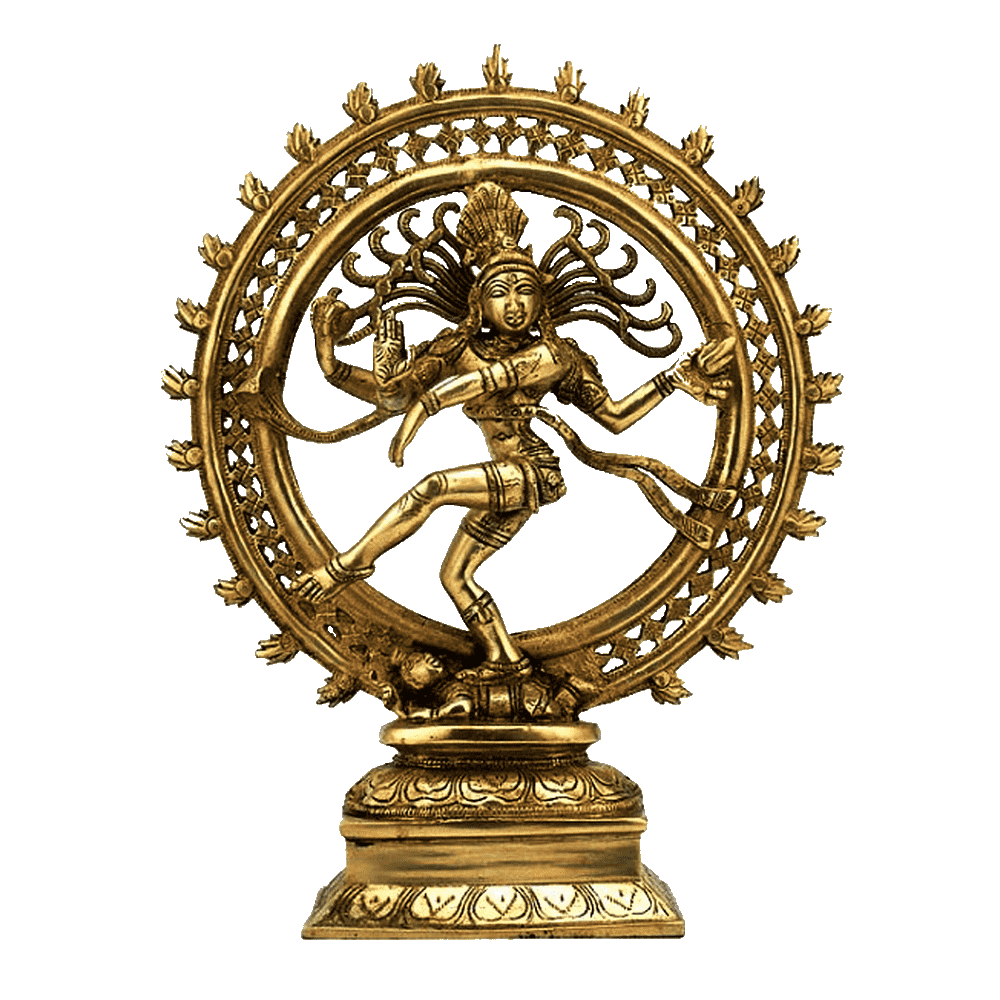
Brahmayamala Tantra
Unraveling the Profound Teachings of Worship, Meditation, and Rituals
Abstract:
Brahmayamala Tantra stands as a significant and revered text within the Tantric tradition of Hinduism, offering profound insights into various aspects of worship, meditation, and rituals. This article explores the origins and context of Brahmayamala Tantra, highlighting its key themes and teachings. It delves into the enduring significance of this sacred text in contemporary spiritual practices, providing seekers with a transformative pathway to connect with the divine and attain spiritual growth.
Introduction:
Brahmayamala Tantra holds a revered place in the vast tapestry of Tantric literature, guiding seekers towards profound spiritual insights through the exploration of worship, meditation, and rituals. The text serves as a comprehensive guide for practitioners on their journey to spiritual awakening and self-realization. In this article, we embark on a journey to explore the essence of Brahmayamala Tantra, its origins, and its enduring significance in the realm of spiritual practices.
Origins and Context:
Brahmayamala Tantra is believed to have been composed during the medieval period in India, flourishing alongside the broader Tantric movement that sought to explore the mystical dimensions of spiritual practices. The text is structured as a dialogue between Lord Shiva and Goddess Parvati, where the divine couple imparts sacred knowledge to reveal the secrets of worship, meditation, and rituals.
The context of Brahmayamala Tantra lies in its emphasis on the worship of the supreme reality, Brahman, and the interplay of masculine (Shiva) and feminine (Shakti) energies in the pursuit of spiritual growth and enlightenment.
Key Themes and Teachings:
Brahmayamala Tantra encompasses several key themes and teachings that form the core of its sacred wisdom:
Worship and Rituals:
The text elaborates on various forms of worship and rituals dedicated to different deities, emphasizing the importance of devotion and surrender in the path of spiritual evolution.
Meditation and Yogic Practices:
Brahmayamala Tantra delves into various meditation techniques and yogic practices to attain inner stillness, connect with the divine, and realize the non-dual nature of existence.
Mantras and Sacred Syllables:
The text explores the significance of mantras and sacred syllables in channeling divine energy and invoking the blessings of deities.
Enduring Significance:
The enduring significance of Brahmayamala Tantra lies in its comprehensive and transformative teachings that continue to inspire spiritual seekers today. The sacred text offers a holistic approach to spiritual practices, integrating worship, meditation, rituals, and self-realization. Its emphasis on the divine interplay of masculine and feminine energies reflects the balance and harmony required in spiritual evolution.
Brahmayamala Tantra serves as a source of spiritual guidance for seekers seeking to deepen their connection with the divine and attain inner transformation. Its teachings remain relevant in contemporary times, providing a roadmap for spiritual seekers to navigate the complexities of life and embrace the path of enlightenment.
Conclusion:
Brahmayamala Tantra offers a profound and comprehensive guide to various aspects of worship, meditation, and rituals in the Tantric tradition. This sacred text continues to hold enduring significance in contemporary spiritual practices, providing seekers with transformative insights and practices to connect with the divine and attain spiritual growth. In a world seeking inner peace and enlightenment, the teachings of Brahmayamala Tantra serve as a profound and transformative pathway towards realizing the divine nature of existence and attaining union with the supreme reality, Brahman.
Editor – Kaalchakra Team
[ Note – Before Concluding anything as a Finale, Please Go through Original Scriptures of Vaidik Literature Written in Sanskrit and Also with Meaning of That time of Language. Because English is a Limited language to Explaining the Deeper Knowledge of Vaidik Kaal. ]
